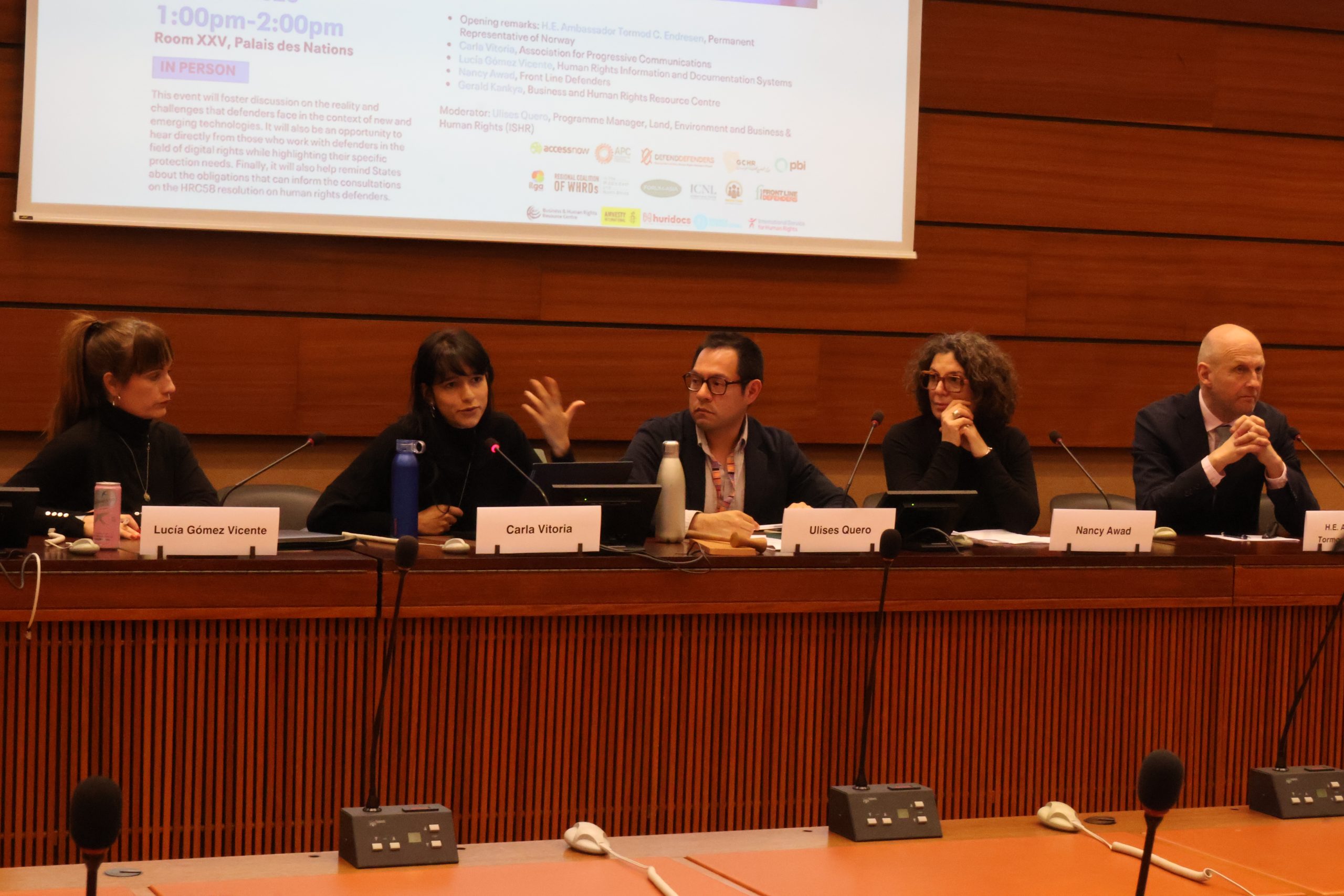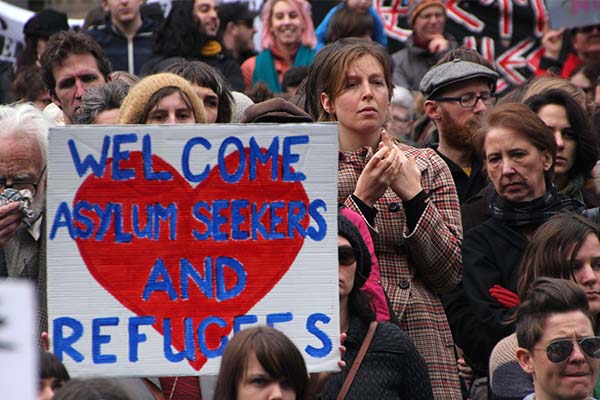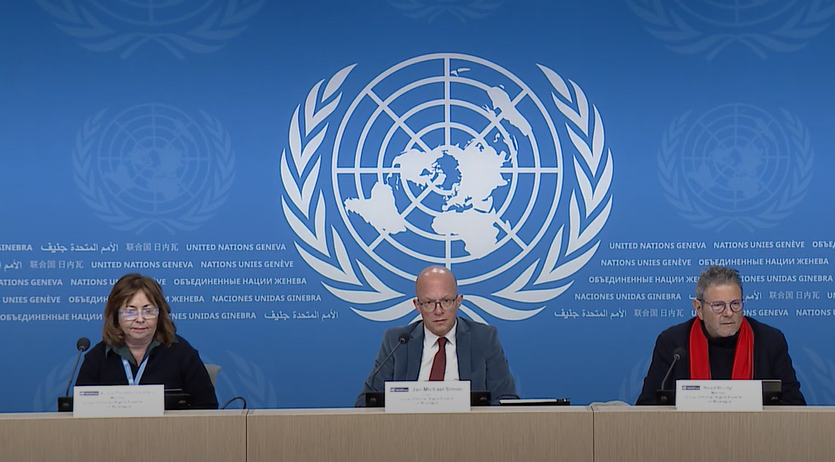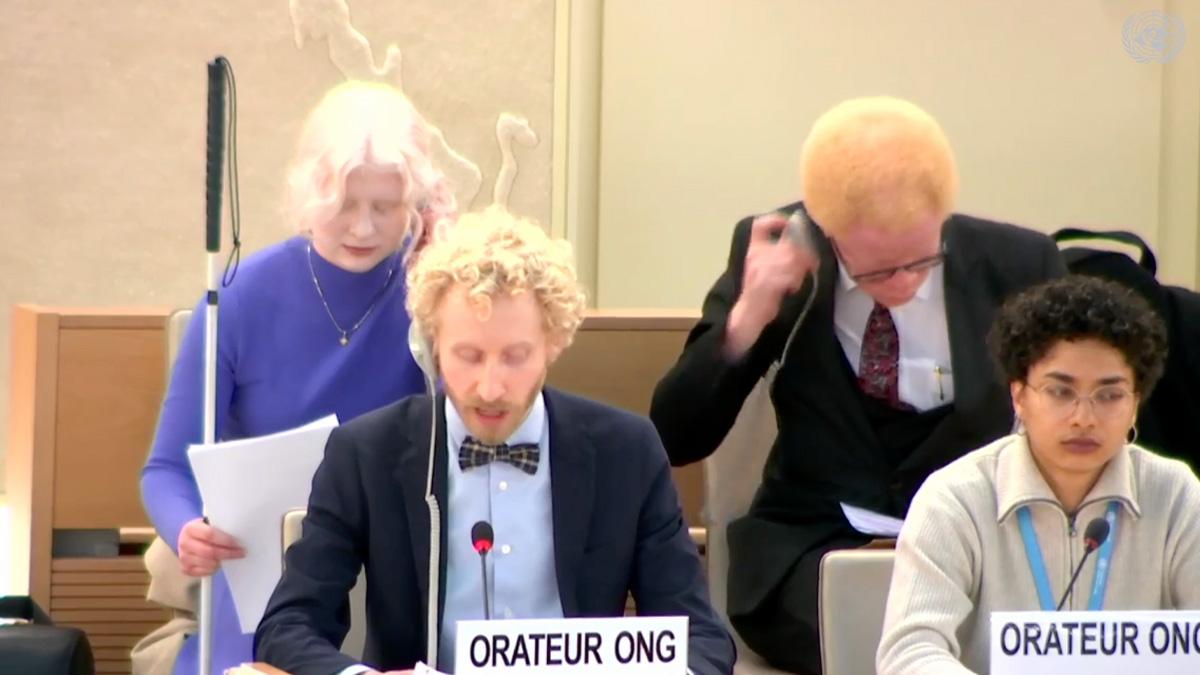The Principles and Guidelines, which are underpinned by and elaborate binding international law, include as Principle 18 the duty of States to ‘respect and support the activities of human rights defenders who promote and protect the human rights of migrants’.
Consistent with ISHR advocacy and submissions, the guidelines on implementation of this fundamental principle direct States to, among other things:
- Enact laws, and establish policies and programmes, to ensure a safe and enabling environment for individuals and organisations working to defend migrant rights;
- Do not criminalise or penalise the provision of support and assistance to migrants;
- Provide specific protection to defenders who are migrants or who defend migrants in vulnerable situations, including migrant women and members of minority groups;
- Protect migrant rights defenders from all forms of violence, threats, discrimination or reprisal from State and non-State actors;
- Investigate and ensure accountability for any attacks against migrant rights defenders, their families or associates;
- Protect any person who discloses information about migrant rights in the public interest; and
- Publicly recognise the vital and legitimate work of migrant rights defenders.
In addition to Principle 18, Principle 16 on Access to Information directs States to ensure a safe and enabling environment for journalists and others who investigate and report on migrant rights and to end impunity for attacks against them. Principle 4 on Rescue and Assistance requires States to ensure that organisations and individuals who rescue or provide assistance to migrants, including at sea, and never criminalised or punished for doing so.
Speaking on a high-level panel in Geneva at an event to launch the Principles and Guidelines, ISHR Director Phil Lynch said, ‘Human rights defenders and other civil society actors have a crucial role to play in protecting migrant rights. They provide essential services to migrants and can work with governments to develop and implement human rights-compatible migration policies and programmes. For their part, States have an obligation to support and not restrict human rights defenders in this vital work and to protect migrant rights defenders in the face of rising intolerance, xenophobia and illiberalism. It is also in their strategic interests to do so.’
According to Lynch, despite this obligation and interest, an increasing number of States – from Australia to Mexico, from Spain to Thailand, and from Hungary to the US – are imposing legal or other restrictions on the work of migrant rights defenders, and contributing to rather than alleviating an environment of vulnerability.
‘The Principles and Guidelines provide an opportunity and an imperative to chart a different course,’ Lynch said.
Contact: Phil Lynch at [email protected] or on Twitter @PhilALynch.
Photo credit: Takver, via Flickr




